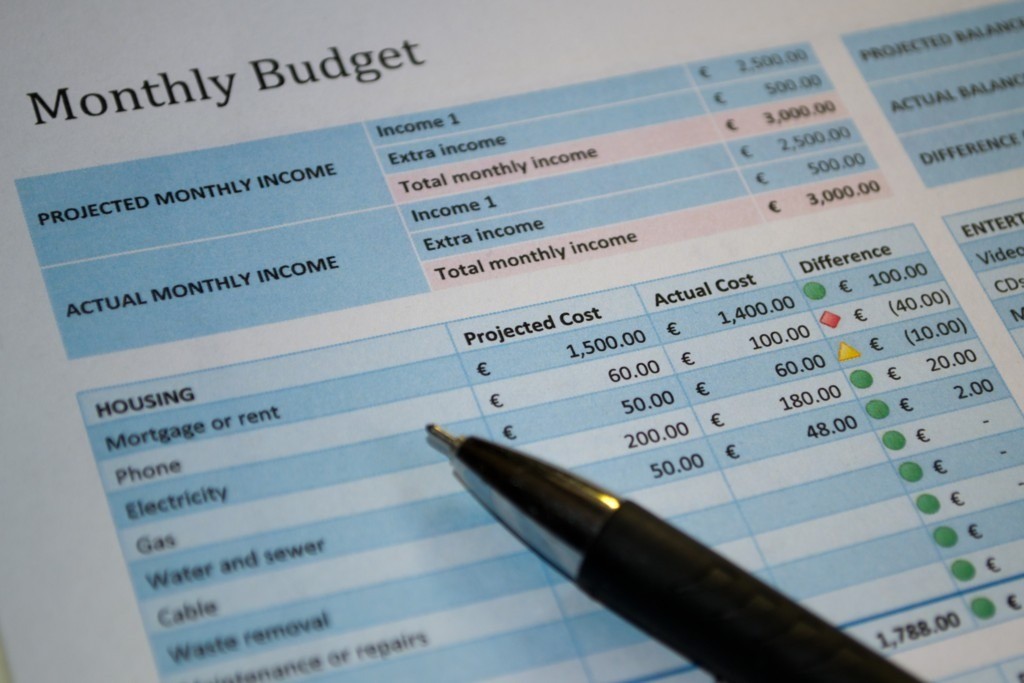What Happens if I Keep Incomplete Tax Records?
As a tax accounting firm in Toronto, we’ve seen all levels of tax record-keeping from our clients—to the very diligent, to the wildly incomplete.
You want to keep your tax records as organized and accessible as possible. Having this information at your finger tips is essential to properly gauging how your company is performing or growing—and yes if you get audited, the CRA will definitely need them.
There are, of course, penalties for having incomplete tax records. According to the CRA:
“Every person who fails to provide any information or document as required under Part IX of the Act or under a regulation made under this Part is liable to a penalty of $100 for each failure, unless the Minister waives the penalty, or, in the case of a failure to provide information in respect of another person, a reasonable effort was made by the person to obtain the information.”
At the same time, there are even more harsh penalties for falsified documents.
“Every person who knowingly or under circumstances amounting to gross negligence makes or is a party to the making of a false statement or omission in a return or other document made with respect to a reporting period or transaction is liable to a penalty equal to the greater of $250 and 25% of the amount by which any tax amount owing is reduced or rebate is increased as a result of the false statement or omission.”
So be sure to keep complete records at all times, dating back at least 6 years.
This includes:
• Sales invoices;
• Purchase receipts, contracts;
• Guarantees;
• Bank deposit slips, cancelled cheques;
• Cash register slips, credit card receipts; purchase orders
• Work orders and delivery slips
• Emails; and general correspondence in support of the transaction.
If you have any questions about keeping complete records, please contact one of our tax accountants in Toronto at any time.






